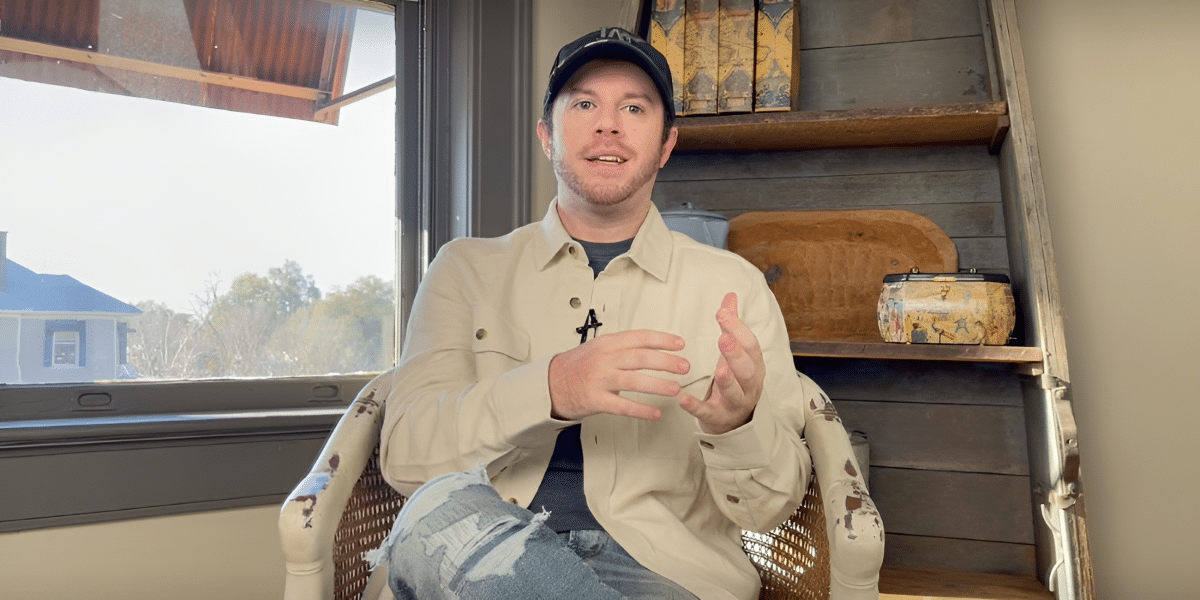Anyone familiar with the prison system knows just how important re-entry programs are. The battle for rehabilitation is one many people understand. Among these stories, Noah Asher’s journey stands out, not only for his personal redemption but also for his unwavering commitment to supporting others in their re-entry into society. His latest Christian nonfiction book, “CHAOS: Overcoming the Overwhelming,” is more than a mere publication; it is a lifeline extended to those grappling with the challenges posed by the prison system.
Asher’s personal saga is one marked by adversity, encompassing trials that have bestowed upon him profound insights into faith, resilience, and the essence of second chances. Following a period of incarceration and loss—a crucible that could easily dismantle many—Asher emerged not with bitterness but with a resolve to heal and assist others in navigating their way from despair to hope. “CHAOS: Overcoming the Overwhelming” transcends its existence as a book; it represents a beacon of hope amidst the turbulent waters faced by formerly incarcerated individuals.
At the heart of Asher’s advocacy lies an acute awareness of the pivotal role re-entry programs play in mitigating recidivism rates within America. These initiatives are crucial for ensuring successful societal reintegration—aiding individuals in securing employment, finding housing, and reconstructing their lives without succumbing again to criminal activity. However, despite their critical importance, these programs frequently suffer from inadequate support and resources. It is within this void that Noah Asher intervenes through both literary contributions and active engagement.
A testament to his dedication is seen through his initiative to funnel all proceeds from “CHAOS” towards distributing copies to prison libraries and rehabilitation centers. This gesture underscores Asher’s commitment to effectuate change through literature, ensuring his message reaches those most in need—the inhabitants within prison walls where hope is often considered a luxury.
But Asher’s activism doesn’t halt at charitable donations; he fervently advocates for robust re-entry programs across America. He asserts: “If America wants less recidivism, they need to focus on rehabilitation.” This statement embodies his vision for a society that extends genuine opportunities for former inmates to rebuild their lives post-release.
Through social media platforms like Instagram (@TheNoahAsher), Asher disseminates insights gleaned from his book alongside inspirational messages aimed at dismantling stigmas surrounding incarceration. His endeavors serve not only to inspire but also to galvanize support for comprehensive re-entry reforms.
Noah Asher’s relentless pursuit serves as a vivid illustration of how individual narratives can ignite systemic change—underscoring an unshakeable belief in humanity’s capacity for rebirth against formidable odds. As Asher’s influence expands through engagements with “CHAOS,” social media advocacy, or backing re-entry initiatives, we inch closer toward fostering a society predicated on compassion rather than condemnation.
Noah Asher’s “CHAOS: Overcoming the Overwhelming,” coupled with his passionate advocacy efforts, has paved avenues for constructive dialogue around prison reform—highlighting pathways towards redemption while tirelessly advocating for systems adept at facilitating authentic fresh starts post-incarceration. For further insights into Noah Asher’s work or to delve into “CHAOS: Overcoming the Overwhelming,” visit www.thenoahasher.com.
Published by: Martin De Juan


















